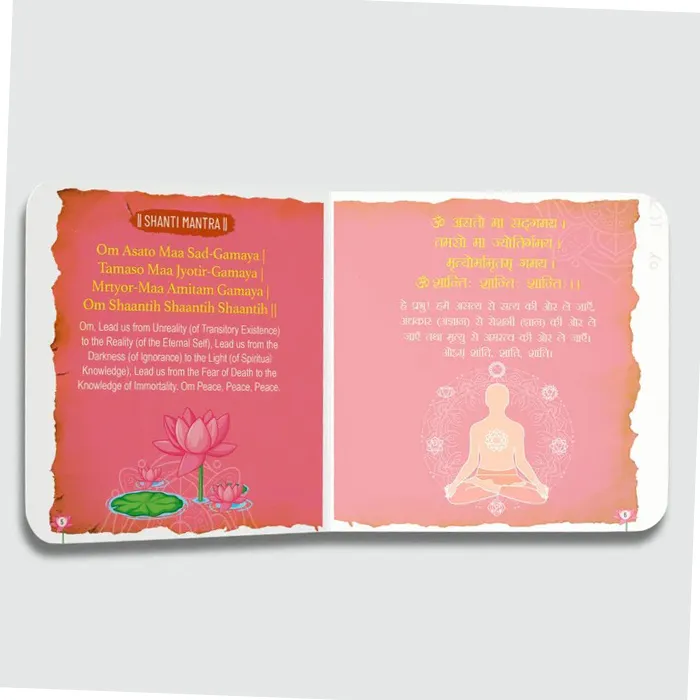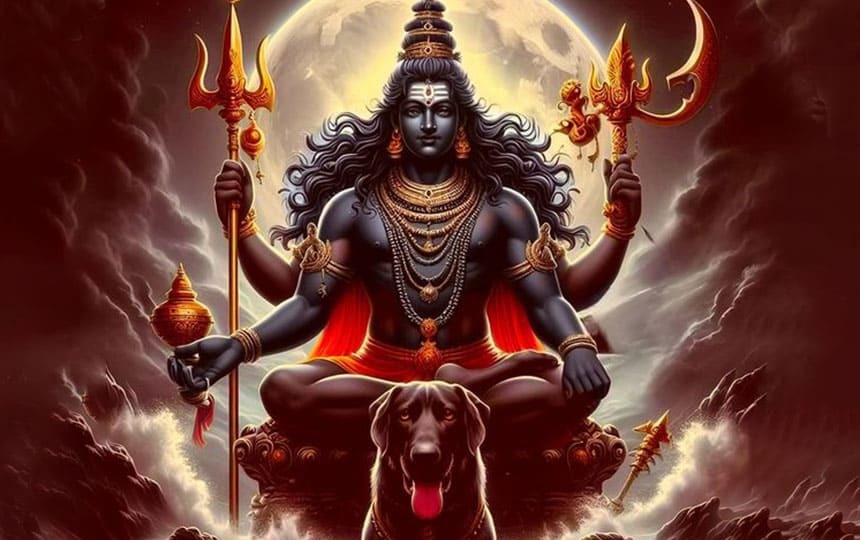Over the past few decades vegetarian diets have rapidly gained in popularity, with millions of people becoming vegetarian the world over.
Still, the debate about the advantages of a vegetarian diet continues. Research studies continue to show that a vegetarian diet is good not only for human health but also makes economic and ecological sense, besides being ethically sound.
That a vegetarian diet is good for the heart is well-known. Studies suggest that a vegetarian diet may have beneficial effects for kidney and nerve function in diabetics, as well as for weight loss; that eating more fruits and vegetables can slow, and even reverse, age-related declines in brain function and in cognitive performance; and that the vegetarian seniors have a lower death rate and use less medication than those who eat meat.
Eating meat is a wasteful way of feeding ourselves. Grain-fed livestock consumes about 50 times as much water as soybeans for every kilo of food it produces. Information compiled by the US Department of Agriculture shows that more than 90 per cent of all grain produced in America goes to feed livestock that winds up on dinner tables. According to estimates, bringing down meat production by just ten per cent would release enough grain to feed 60 million people.
Then, there is the ethical aspect of vegetarianism. Centuries ago, Pythagoras, known for his contributions to geometry and mathematics, said, “The earth affords a lavish supply of riches of innocent foods, and offers you banquets that involve no bloodshed or slaughter, only beasts satisfy their hunger with flesh, and not even all of those, because horses, cattle, and sheep live on grass.”
In an essay titled On Eating Flesh, the Roman author Plutarch wrote: “I rather wonder both by what accident and in what state of mind the first man touched his mouth to gore and brought his lips to the flesh of a dead creature, set forth tables of dead, stale bodies, and ventured to call food and nourishment the pets that had a little before bellowed and cried, moved and lived…. “
Research suggests that a vegetarian diet has a positive effect on the mind. A study conducted by Arizona State University psychology professors Richard Stein and Carol Nemeroff reported that salad eaters were rated more moral, virtuous and considerate than steak eaters.
In Britain, a study on prison inmates found that vegetarians were less violent and unruly that those who ate meat.
Some people argue that the killing of animals for meat is now more scientific and ‘humane’, so such slaughter is not all that bad.
But the life of an animal bred for meat is an unnatural one of artificial breeding, castration and/or hormone stimulation, feeding of an abnormal diet for fattening purposes, and ultimately, slaughter. Screaming animals are stunned by hammer blows or electric shock. They are hoisted into the air by their feet and moved through the meat factories on mechanised conveyor systems. Still alive, their throats are sliced and their flesh is cut off while they bleed to death.
Leo Tolstoy wrote that by killing animals for food, “Man suppresses in himself, unnecessarily, the highest spiritual capacity — that of sympathy and pity toward living creatures like himself — and by violating his own feelings becomes cruel.” He also warned, “While our bodies are the living graves of murdered animals, how can we expect any ideal conditions on earth?”
When we lose respect for animal life, we lose respect for human life as well. Pythagoras had said, “Those that kill animals to eat their flesh tend to massacre their own.”
Whether for ethical, environmental, or economic reasons, it is increasingly becoming clear that adopting a vegetarian diet is a sensible choice. The sooner we recognise this the better it will be for us and the planet.
B.K. Mruthyunjaya is Executive Secretary of the Brahma Kumaris.













